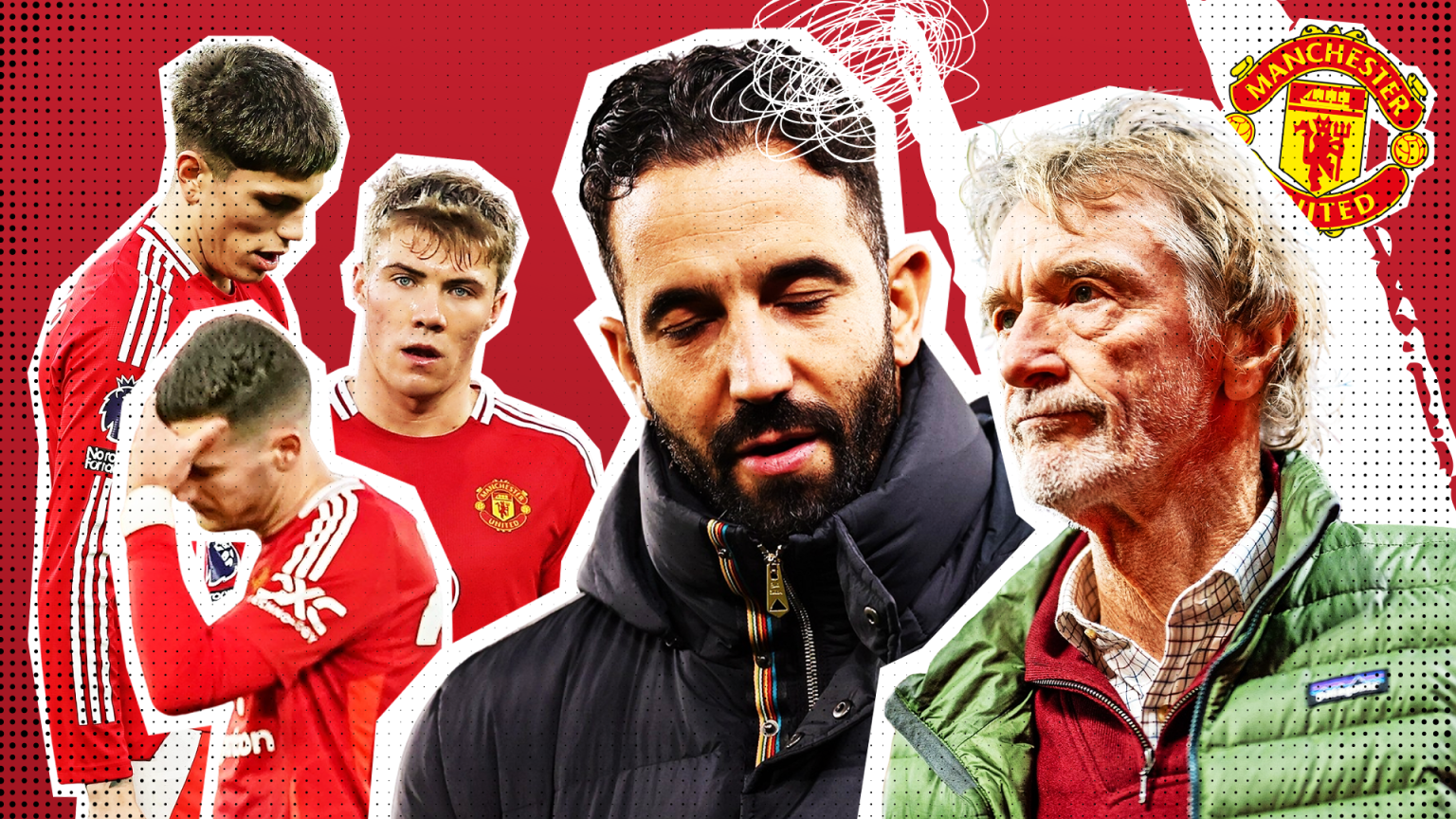Manchester United’s recent history mirrors the post-holiday remorse of excessive spending, cluttered with unwanted acquisitions and regretful decisions. The arrival of Sir Jim Ratcliffe’s football committee, initially touted as a turning point, has proven to be a source of further disappointment, their ambitious three-year plan for title contention now appearing farcical. The committee’s erratic handling of managerial appointments underscores their ineptitude. Their initial hesitation regarding Erik ten Hag, followed by a belated and substantial investment in his transfer targets, only to sack him months later, exemplifies their lack of clear vision and decisive leadership. The FA Cup victory against Manchester City, while a moment of celebration, arguably masked the underlying issues and delayed the inevitable managerial change.
The appointment of Ruben Amorim as Ten Hag’s successor offered a glimmer of hope. Amorim brought a much-needed sense of identity and tactical direction, qualities conspicuously absent under his predecessor. While early results haven’t been dramatically different from Ten Hag’s initial period, Amorim’s impact is evident in the team’s developing playing style and renewed sense of purpose. However, Amorim faces a daunting challenge: inheriting a squad largely unfit for purpose. He requires significant reinforcements to execute his vision, but this necessitates offloading existing players, a task complicated by the lack of suitors for United’s underperforming assets.
Amorim’s rebuild is not a mere renovation; it’s a complete demolition and reconstruction. With the exception of a few promising youngsters like Kobbie Mainoo and Amad Diallo, and perhaps Bruno Fernandes, the majority of the squad are under scrutiny. Even recent signing Leny Yoro, hampered by injury, remains an unknown quantity. Amorim, while aware of the challenges at Old Trafford, is likely grappling with the sheer scale of the mess he’s inherited. Isolated victories, like the one against Manchester City, cannot obscure the persistent inconsistencies and embarrassing defeats to lesser opponents such as Bournemouth, Nottingham Forest, and Wolves.
This monumental task requires not only significant financial investment but also, crucially, patience – a commodity often lacking in the post-Ferguson era. The irony is palpable. Previously, the plea for patience was directed at the owners, urging them to support their managers. Now, the onus of patience falls on the manager himself, as he navigates the complexities of a squad overhaul and contends with the expectations of a demanding fanbase. Amorim must trust that the very committee who appointed him will demonstrate the steadfastness and long-term vision required for this ambitious project to succeed. The history of short-lived managerial tenures at Old Trafford does not inspire confidence.
The club’s current predicament echoes the post-Christmas clutter of unwanted gifts, a stark reminder of impulsive spending and poor judgment. The Ratcliffe committee’s erratic decision-making has compounded the existing problems, leaving Amorim with a squad in dire need of an overhaul. The magnitude of the rebuild requires patience and unwavering support from the owners, a virtue they haven’t consistently displayed in the past. The success of Amorim’s project hinges on their ability to learn from past mistakes and provide the stability and resources necessary for long-term success.
The festive analogy highlights the cyclical nature of Manchester United’s struggles. Just as households accumulate unwanted items during the holiday season, the club has amassed a collection of underperforming players over the years. The Ratcliffe committee’s initial actions, like impulsive gift purchases, have only exacerbated the situation. The hope now rests on Amorim’s ability to declutter the squad and rebuild a competitive team, a process that demands time, resources, and, above all, patience from the owners. The question remains: will they finally learn from their past mistakes and provide the necessary support for sustained success, or will this be another chapter in the ongoing saga of unfulfilled potential?


